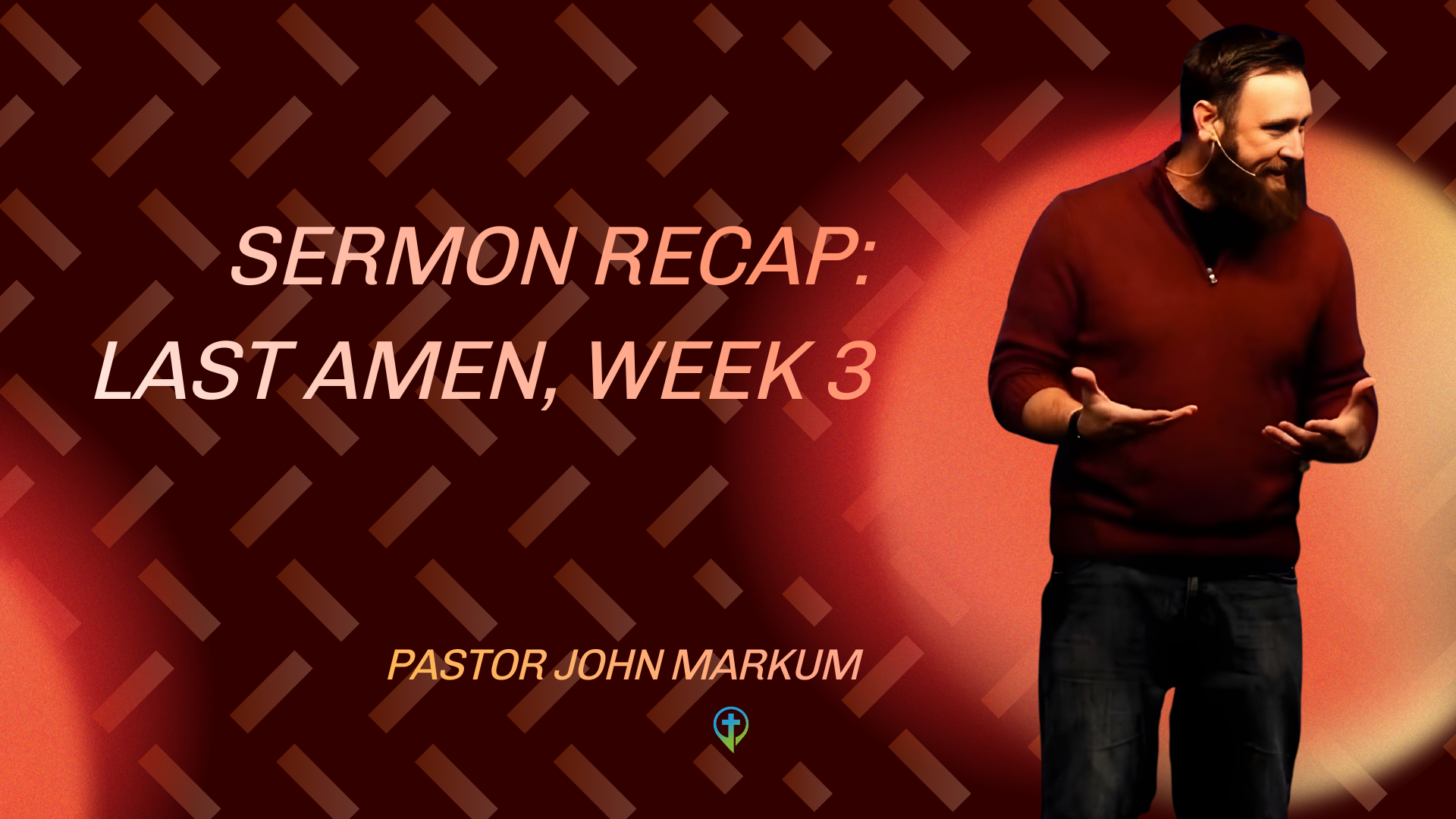I recently began addressing the doctrines of Catholicism that revolve around their belief that Mary was something more than Protestants Christians claim her to be. The four core dogmas of RCC Mariology include:
- Perpetual Virginity. This is the notion that Mary remained a virgin after giving birth to Jesus, and was never sexually intimate with her husband Joseph, and gave him no children aside from Jesus (who was not biologically Joseph’s son).
- Immaculate Conception. The idea behind this doctrine is that in order for Mary to have been the vessel for bringing God’s Son into the world, she too must have been sinless. Catholics will argue that Mary still needed Jesus as a Savior, but that she was saved from sinning, not saved from sin she committed like everyone else.
- Mary as “The Mother of God”. This doctrine is based on the Greek title theotokos meaning “God Bearer” or “Mother of God”. Protestants generally reject this title, and I’ll discuss why in a later post.
- The Assumption of Mary. This doctrine insists that Mary did not physically die like most people, but that she ascended into Heaven – or, God “assumed” her into Heaven – like Christ, Elijah, and Enoch are described as having experienced.
For today, let’s address Immaculate Conception…
First of all, it is worth mentioning that among a very small, select group of people in the Bible, Mary is not mentioned as having ever sinned. Noah got drunk, Abraham lied, David committed adultery and murder, Peter denied Christ, and on we could go. And yet, Mary is an exception to this norm.
The origin of this dogma begins in the 5th century, around the idea of Mary as the Christotokos or “Christ-bearer,” and culminates in the Council of Ephesus in 431 AD, where she was labeled the Theotokos, or “God-bearer,” which I’ll address in a later post. But some of the language around Mary’s innocence dates back earlier. Patristic fathers such as Irenaeus, used words such as “innocent” to describe Mary, in the mid-to-late 2nd century, And others such as Ambrose of Milan and Augustine more directly asserted that she was free from original sin.
While I hold high regard to the earliest church fathers, it is important to recognize that they were fallible also. Even the apostles were not free from mistakes! The perfect inspired words of Scripture they wrote in no way indicates that everything they thought or said was without error. We see this illustrated in Acts 15 at the Council of Jerusalem, where Peter, Paul, and James had robust debates about Gentiles coming to Christ!
Furthermore, we see from the letters of Paul that there were already a wide range of bizarre thoughts and heresies that were trying to seep into the early church. While Paul and the other apostles worked diligently to defend the Gospel against all perversions, their parting words foretold that heresy would continue to pry into the church (2 Timothy 4:1-4).
Catholics are quick to suggest that this means she never sinned. The problem is that she is not the only person in Scripture who is not directly charged with a recorded sin. Most of the apostles are not specifically recorded as sinning. Joseph, Mary’s husband, is not recorded as sinning. Timothy, Phoebe, Priscilla, Stephen, Phillip, and probably hundreds more are named, and yet never mentioned sinning. That’s because the Bible is an indictment on the sin of all humanity, not every individual human, with a log of their transgressions. And the absence of evidence is not evidence of absence.
One could just as easily say that the New Testament makes no mention of Mary being sinless, either! There is no veneration of Mary in the NT, no prayers offered to her, recognition of her outside the angel Gabriel who announced to her. So let’s look at what Gabriel says…
Luke 1:28, “And coming in, he said to her, “Greetings, favored one! The Lord is with you.” Yes, you likely remember the verse saying “Hail Mary full of grace…” and that is how it is recited in the Catholic rosery. While the root word in the Greek is the root word for “grace” the original word is more often translated as “favored”. The semantics hardly matter, as both are an expression of God’s grace and favor over someone. The RCC will use this as one of very few verses about Mary’s spiritual character, however, to assert that she was sinless. But there’s a lot of problems with that interpretation.
The Greek word is used elsewhere in the NT. Ephesians 1:6-8, “to the praise of the glory of His grace, which He freely bestowed on us in the Beloved. In Him we have redemption through His blood, the forgiveness of our trespasses, according to the riches of His grace which He lavished on us. In all wisdom and insight…”
In these verses “freely bestowed” or “favored” is the same Greek word as “favored” or “full of grace” back in Luke. And it applies to all believers in Christ – who have definitely sinned. Furthermore, after the announcement of her pregnancy, Mary wrote a song that found its way into Luke – which I find beautiful. Luke 1:46-47, “My soul exalts the Lord, and my spirit has rejoiced in God my Savior.” In her outburst, Mary declares her own need for a Savior, and worships God for providing such a Savior for her!
Catholics have been careful to try to clarify that yes, Jesus is Mary’s Savior. But! Just as He saved us from our sin, He saved Mary from sinning at all. Thus, Jesus is still her Savior, but she also never sinned… It sounds nice, there is just no Biblical support for that! Romans 3:23 tells us plainly, “For all have sinned and fallen short of the glory of God.” Jesus is the only human who walked the earth which the Bible clearly identifies as having never sinned. Hebrews 4:15 tells us that Jesus experienced temptation like the rest of humanity, “Yet without sin”. Luke records about 6 times at Jesus trials and crucifixion that He was innocent, blameless, and had done nothing wrong. Such is never said about Mary.
Conclusion: The doctrine of Immaculate Conception arose from the logic that Mary had to be sinless in order to give birth to the sinless Son of God. She did not need to be sinless, she just needed to be a virgin. Romans 5 makes it clear that we inherit our sin nature – sometimes called “original sin” – from our first father, Adam (Genesis 3). And as such, Jesus came from our Heavenly Father, rather than an earthly father who would pass on Adam’s curse. Romans 5:12, “Therefore, just as through one man [Adam] sin entered into the world, and death through sin, and so death spread to all men, because all sinned…” verse 19, “For as through the one man’s disobedience the many were made sinners, even so through the obedience of the One [Jesus] the many will be made righteous.”
Christ skipped over the fallen nature of man by coming from His Heavenly Father, yet born of an earthly mother. As such He was fully God Himself, and free from sin – and yet fully human, able to take on the punishment of sin on behalf of the rest of humanity.
Takeaways:
- The Doctrine of Immaculate Conception is based in human reasoning, not Scripture.
- When we take the Bible at face value without asserting our opinions into it, there is no room for Mary to be sinless.
- Mary is certainly worthy of our acknowledgment, as she brought our Savior into the world.
- She is blessed among women – not above women. (Luke 1:42).
Next post in this series on Mary, we will address the Theotokos, the title ascribed to Mary by Catholics and Eastern Orthodox alike, meaning “Mother of God.”






